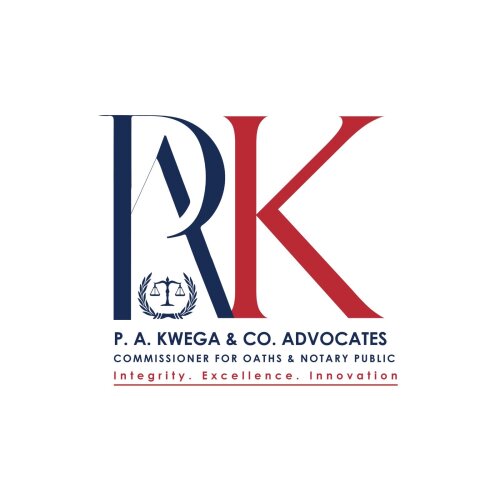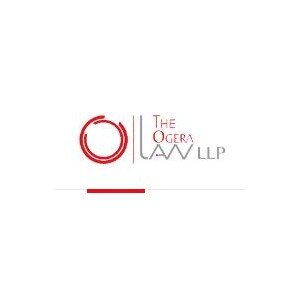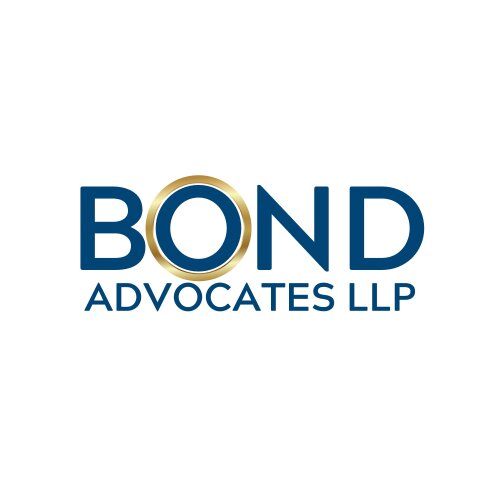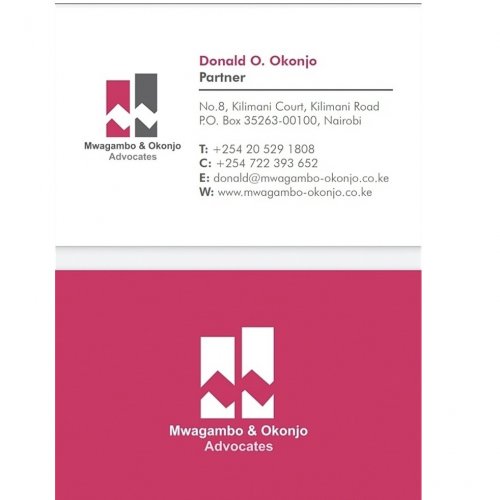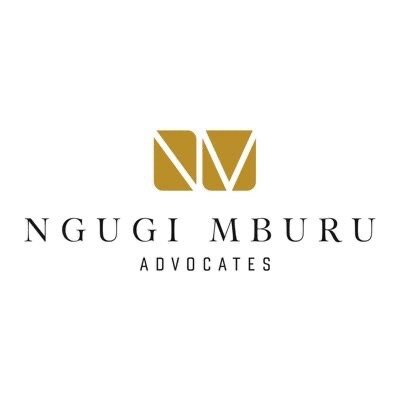Best Intellectual Property Lawyers in Nairobi
Share your needs with us, get contacted by law firms.
Free. Takes 2 min.
List of the best lawyers in Nairobi, Kenya
About Intellectual Property Law in Nairobi, Kenya
Intellectual Property (IP) refers to the legal rights that are granted to individuals or businesses for creations of the mind, such as inventions, literary and artistic works, symbols, and designs. In Nairobi, Kenya, intellectual property law is governed by various statutes, including the Copyright Act, the Industrial Property Act, and the Anti-Counterfeit Act.
Why You May Need a Lawyer
There are several situations where you may need to consult a lawyer specializing in intellectual property law:
- Registering and protecting your inventions, trademarks, copyright, or designs.
- Enforcing your intellectual property rights against infringement.
- Defending yourself against accusations of intellectual property infringement.
- Negotiating licensing agreements or contracts related to intellectual property.
- Seeking legal advice on IP issues during business transactions or partnerships.
Local Laws Overview
Intellectual Property laws in Nairobi, Kenya cover:
- Copyright: Protects original literary, artistic, musical, or dramatic works for a certain period of time.
- Trademarks: Grants exclusive rights to use specific symbols, names, or logos to distinguish products or services.
- Patents: Provides legal protection for new inventions, granting the inventor exclusive rights for a limited period.
- Industrial Designs: Protects the unique aesthetic aspects of a product's design.
- Trade Secrets: Covers confidential business information that gives a competitive advantage.
Frequently Asked Questions
1. Can I register my trademark in Nairobi, Kenya?
Yes, you can. To register a trademark, you need to file an application with the Kenya Industrial Property Institute (KIPI) and meet the necessary requirements.
2. How long does copyright protection last in Nairobi, Kenya?
Copyright protection generally lasts for the lifetime of the author plus 50 years after their death.
3. What steps can I take if someone infringes on my intellectual property rights?
If your intellectual property rights are infringed upon, you can seek legal action through the courts. It is advisable to consult with an intellectual property lawyer for guidance on the appropriate legal steps to take.
4. What constitutes fair use of copyrighted material?
Under Kenyan law, fair use applies in certain situations, such as for research, private study, criticism, or review, provided the use is reasonable and does not prejudice the rights of the copyright owner.
5. How can I protect my trade secrets?
To protect trade secrets, it is important to establish appropriate confidentiality agreements with employees, partners, and relevant parties. Implementing robust security measures and limited access to sensitive information can also help safeguard trade secrets.
Additional Resources
For further assistance and information about intellectual property in Nairobi, Kenya, consider the following resources:
- Kenya Industrial Property Institute (KIPI) - http://kipi.go.ke/
- Kenya Copyright Board (KECOBO) - http://copyright.go.ke/
- Africa Regional Intellectual Property Organization (ARIPO) - https://www.aripo.org/
Next Steps
If you require legal assistance or advice in the field of intellectual property in Nairobi, Kenya, it is recommended to:
- Research and identify reputable intellectual property lawyers in Nairobi.
- Compile any relevant documentation or evidence related to your intellectual property issue.
- Contact potential lawyers and schedule consultation meetings to discuss your case.
- Select a lawyer who specializes in intellectual property law and has a good track record of successful cases.
- Proceed with the recommended legal steps provided by your chosen lawyer to address your intellectual property concerns.
Lawzana helps you find the best lawyers and law firms in Nairobi through a curated and pre-screened list of qualified legal professionals. Our platform offers rankings and detailed profiles of attorneys and law firms, allowing you to compare based on practice areas, including Intellectual Property, experience, and client feedback.
Each profile includes a description of the firm's areas of practice, client reviews, team members and partners, year of establishment, spoken languages, office locations, contact information, social media presence, and any published articles or resources. Most firms on our platform speak English and are experienced in both local and international legal matters.
Get a quote from top-rated law firms in Nairobi, Kenya — quickly, securely, and without unnecessary hassle.
Disclaimer:
The information provided on this page is for general informational purposes only and does not constitute legal advice. While we strive to ensure the accuracy and relevance of the content, legal information may change over time, and interpretations of the law can vary. You should always consult with a qualified legal professional for advice specific to your situation.
We disclaim all liability for actions taken or not taken based on the content of this page. If you believe any information is incorrect or outdated, please contact us, and we will review and update it where appropriate.
Browse intellectual property law firms by service in Nairobi, Kenya
Nairobi, Kenya Attorneys in related practice areas.






